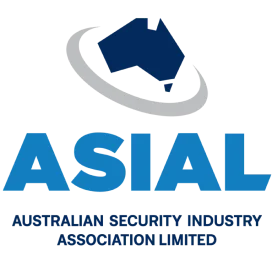Businesses use labour-hire services and recruitment agencies when they need new employees but want to save themselves a lot of time and paperwork.
Understanding Labour-Hire and Recruitment Agencies
Usually, labour-hire services provide workers to the construction and building industry, and in most instances only for a short period.
They find workers with specific skills, employ these workers and hire them out for a fee to client companies. The labour-hire service stays the employer and is in control of the workers’
- wages,
- entitlements,
- training,
- Insurance, and
- legal and registration aspects.
To understand recruitment agencies one must know how they operate.
- When a new employee is needed a business sends a job description to the recruitment agency which searches for suitable candidates.
- The agency arranges interviews between candidates and the client business.
- If the business is satisfied, the candidate is employed and the recruitment agency receives a finder’s fee from the client company.
Key Differences between Labour-Hire and Recruitment Agencies
Both labour-hire services and recruitment agencies try to provide the best labourers or employees to client companies. The main difference is that a labour-hire firm stays the employer of the workers and has control over their wages and entitlements. The client company pays the labour-hire service and not the individual workers.
A recruitment agency, on the other hand, completely ‘hands over’ the successful candidates to the client companies who become the employers.
Advantages and Disadvantages of Labour-Hire and Recruitment Agencies
Advantages of labour-hire include the option of a replacement if the person doesn’t fit the specific job. When a project requires a specific skill set for a limited time, labour-hire is the solution. Labour-hire services also allow businesses to hire supplementary labour in peak times. Many companies will tell you that if you use a reliable labour-hire company like the UVS Group in Sydney, labour-hire has no disadvantages!
The advantages of recruitment agencies include the following:
- They have the expertise to filter and sort applications. By using a recruitment agency the client company doesn’t have to sort through hundreds of resumes.
- Recruitment agencies have the resources to find candidates with the required skills, qualifications and experience.
The one disadvantage of using a recruitment agency is that a finder’s fee is payable for every successful placement. The finder’s fee differs but, generally speaking, the client company has to pay at least 15% of the new employee’s annual salary.
What to Consider when Choosing between Labour-Hire and Recruitment Agencies
It depends on the type of employment/needs of the client company to decide whether to use a labour-hire service or a recruiting agency.
Generally speaking, a labour-hire service will be used if a specific task, especially in the construction or building industry, has to be done as a one-off operation, while a recruitment agency will be used if a permanent new employee is required.


